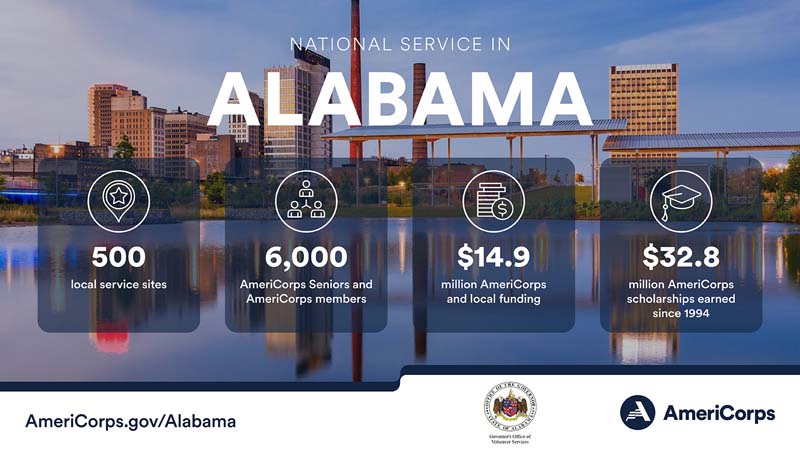AmeriCorps NCCC Impact Studies
AmeriCorps NCCC is a full-time, residential, team-based program for young adults aged 18-24.* They maintain four programs, Traditional Corps, FEMA Corps, Summer of Service, and Forest Corps.
AmeriCorps NCCC is a full-time, residential, team-based program for young adults aged 18-24.* They maintain four programs, Traditional Corps, FEMA Corps, Summer of Service, and Forest Corps.
Back to Work 50+: Women’s Economic Stability Initiative (BTW50+: WESI) is an AARP program that is geared on building the capacity of local education and training institutions to address the needs of older women workers between 50-64 years of age with incomes between 120% and 200% of poverty level. The six subgrantees’ participation allowed for an increase of the number of program staff members and the capacity to serve larger numbers of participants.
Study Goals:
The evaluation’s three components have the following goals:
Back to Work 50+: Women’s Economic Stability Initiative (BTW50+: WESI) is an AARP program that is geared on building the capacity of local education and training institutions to address the needs of older women workers between 50-64 years of age with incomes between 120% and 200% of poverty level. The six subgrantees’ participation allowed for an increase of the number of program staff members and the capacity to serve larger numbers of participants.
Study Goals:
The evaluation’s three components have the following goals:

The Women's Economic Stability Initiative (WESI) seeks to build the capacity of local education and training institutions to address the needs of older women workers between 50 and 64 years of age with incomes between 130 percent and 200 percent of poverty level by helping them prepare for employment in high-growth sectors in their local economies.